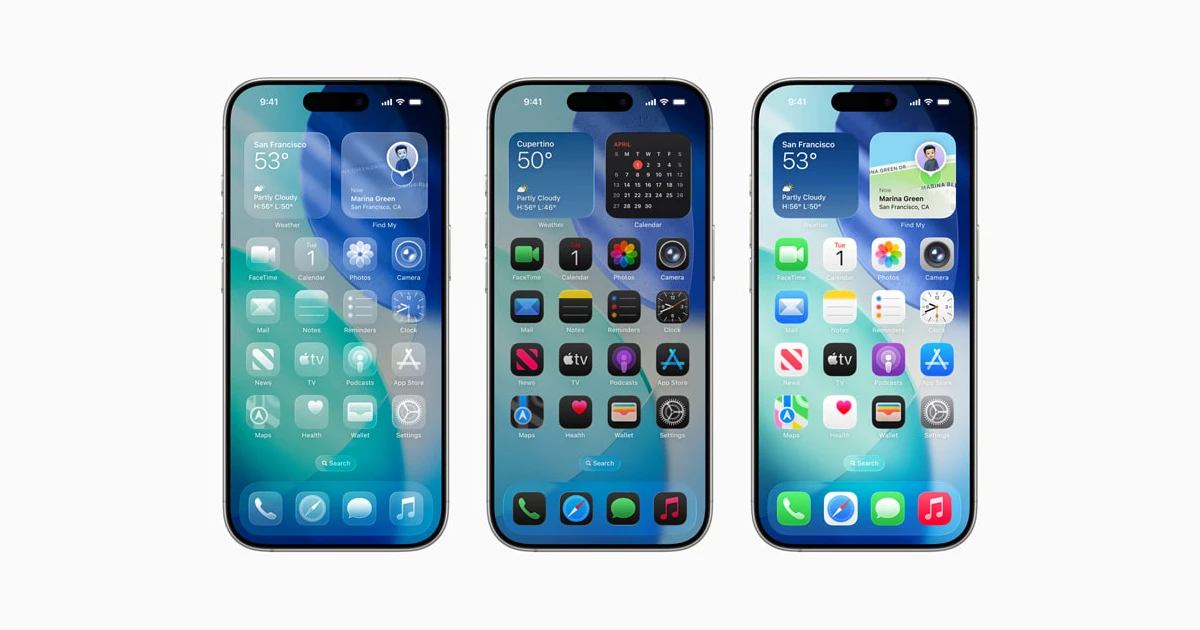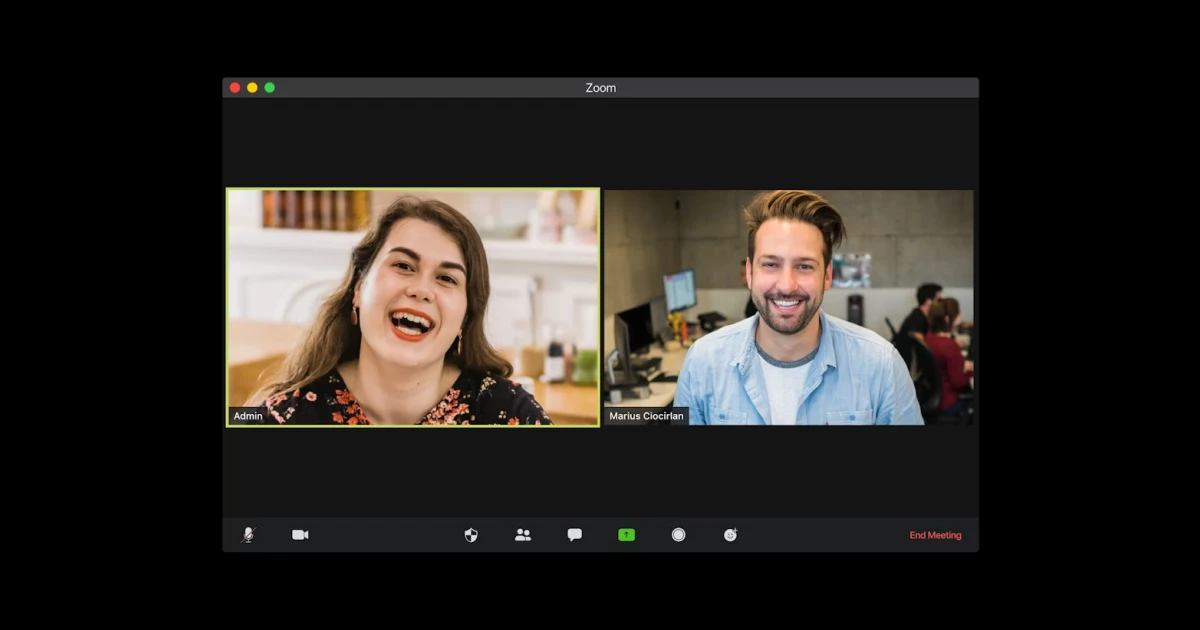Upskilling is the process of learning new skills in your job or improving existing ones to adapt to changes in the workplace, industry, or technology and eventually advance in your career. On the other hand, reskilling refers to learning different skills unrelated to your current position to transition into another role or industry.
Change is inevitable, but how we handle it is in our hands. And the most crucial step to future-proofing our careers is to want to grow – to upskill and reskill. The employees who are adaptable and willing to learn are more likely to succeed than those who, well… aren’t. But this mindset will set the course of your career – even if your job might soon be automated.
One of the worries most people have is due to technological advancements. The ChatGPT’s release to the public opened the world to a new wave of possibilities and uncertainties. Artificial intelligence is no longer limited to analyzing data and introducing numbers into a document. It can also create articles and professional designs that could put the jobs of many journalists, marketers, and possibly even UI/UX designers in danger.
Yes, everyone can be replaceable. But it’s important to remember one thing: AI is only a prediction solution. What matters is how we personalize it. It’s not enough to do the bare minimum – because this is what AI also does. And if we deploy these tools without adding our input, we end up sounding like an AI as well. In a world where everyone seems to be turning to artificial intelligence, our ability to innovate, think creatively, and adapt represents exactly the mindset of reskilling and upskilling.
Yes, technical skills are essential for our jobs. However, employers will always choose people who want to be more than just their skills. These people are leaders, innovators, great communicators, and, well, they are just fun to be around. These qualities will set you apart from others with similar technical skills.
Even more so, in any industry, one aspect is just as important as our skills: knowing the right people. Having a personal brand and a professional network is how to future-proof your career. These connections open doors to new opportunities and provide valuable support, guidance, and collaboration along our career journey. But learning how to network is also a skill – so if you’re still struggling, it’s time to upskill.
The secret to upskilling and reskilling is always to keep an open mind. Look for new opportunities, stay proactive, and be committed to personally and professionally growing. This is how you future-proof your career and adapt to future jobs!







.webp)









